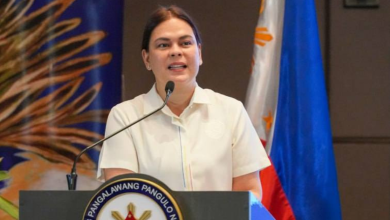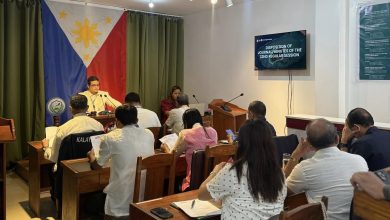The UAE has revealed that timings for the ongoing National Sterilization Program will be adjusted for the Ramadan season that’s expected to begin on April 24.
A report from WAM states that Ministry of Health and Prevention, as well as the National Authority for Emergency and Crisis and Disaster Management, have revised the new timings which will be from 10:00 pm to 6:00 am, adjusted by two hours from the previous timing schedule of 8:00 pm to 6:00 am.
During the national sterilization drive, the public is only allowed to head outside of their homes to purchase essentials, get medicine or get emergency medical treatment.
بمناسبة شهر رمضان الكريم تعديل مواعيد برنامج التعقيم الوطني ليصبح من العاشرة ليلاً وحتى السادسة صباحاً والاستمرار بالسماح لمنافذ بيع المواد الغذائية والصيدليات بالعمل على مدار 24 ساعة
— UAEGov (@uaegov) April 23, 2020
Food outlets, cooperative societies, groceries, supermarkets, and pharmacies will continue to be allowed to operate around the clock during Ramadan. Fish, meat, vegetable and fruit shops, mills, roasteries, slaughterhouses, nuts, pastry, and chocolate shops, as well as tea and coffee shops, will be allowed to operate from 6 AM to 10 PM.
The Ministry of Health and the National Emergency Crisis and Disaster Management Authority stressed that the outlets allowed to operate should adhere to all health and safety guidelines issued by the relevant authorities. These include not allowing customers beyond 30 percent of the total capacity, maintenance of a distance of at least two metres between two customers, and avoidance of any type of crowding in order to contain the spread of COVID-19.
The Ministries of Health and Prevention and Interior and NCEMA called upon all members of the public to fully comply with the adjusted timing in the interest of the greater good of the country and its citizens, residents, and visitors.
They also called upon the public to comply with all precautionary and preventative measures, such as not leaving the home except to buy food or medicine or to obtain medical care or work in vital sectors previously identified by the relevant authorities.
The public should take into consideration official medical advice, as well as the directives issued by the UAE Fatwa Council, particularly on performing prayers at home and treating health and safety precautions as a national and religious obligation.
The authorities also stressed the need to avoid public gatherings, family visits, and group Iftar feasts during the blessed month of Ramadan to ensure the health and safety of all. They also called upon the public to practise social distancing, wear face masks and gloves while going out, and adhere to all other preventative measures.




